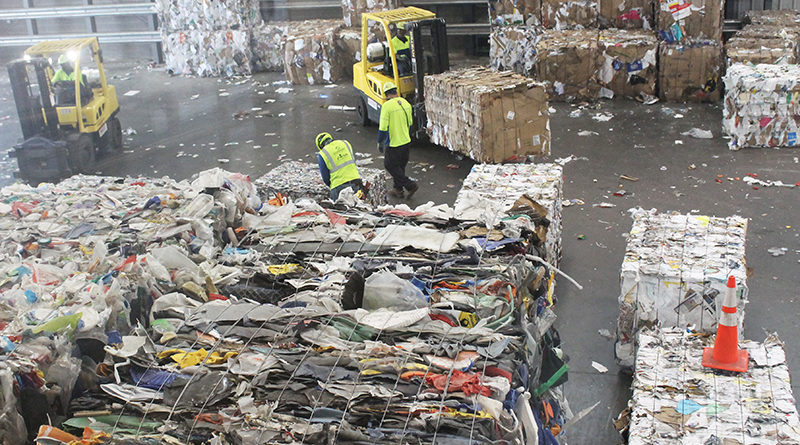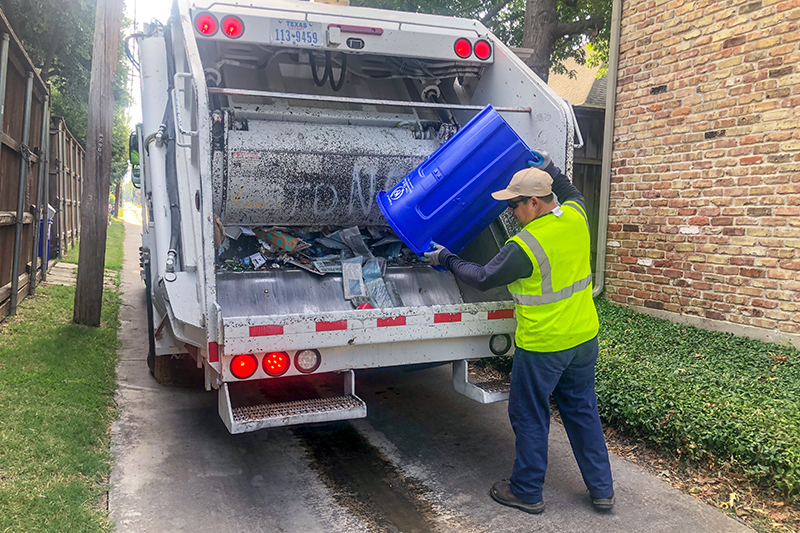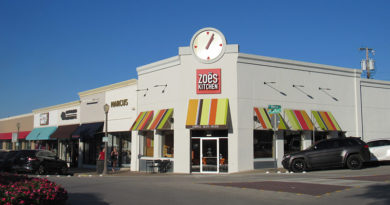Has China’s Trade Policy Impacted my Recycling?
A decision made by China last year to no longer be the dumping ground for the world’s recycled waste has left many United States municipalities scrambling for alternatives.
The withdrawal of the biggest market on Earth has caused cities across the country to rethink their commitment to recycling. And recent headlines about how it is stalling an industry designed to keep such organic waste out of landfills has readers wondering, “Just where is my recycling going?”
The good news is both Highland Park and University Park officials say they and their residents are committed to the cause.
In fact, a recent poll of 174 University Park residents showed that more than 90 percent of those surveyed recycled regularly.
Other good news: Both Highland Park and University Park use waste companies that launder recyclables domestically, which means that instead of shipping to Asian countries with lax laws, the bulk of plastics, paper, and glass put out every week by Park Cities residents is recycled.
“We have some contracts in place to make sure we can move the materials no matter what.” -Andrea Rodriguez
The bad news, though, is a lot of what China would have accepted – the so-called “dirty” recyclables – will end up in local landfills.
So, whose fault is that?
“Many people are ‘wish-cycling’ – throwing items in their recycling bin that they hope can be recycled,” said Guillermo Pabon, Republic Services operation manager.
Republic, who handles recyclables in Highland Park, said about 20 percent of what they pick up in the town is contaminated.
“It has no value for us,” Pabon said. “It has to go to the landfill; even if there are good products in there.”
In short, recycling contamination is when incorrect items or materials are put in recycling bins or when the right items and materials are prepared the wrong way, such as food residue in containers, recyclables in plastic bags, and shrink wrap recycling mixed in with cardboard.
Jacob Speer, University Park public works director, said the city averages about 3,500 tons of recyclables per year, of which 15 percent ends up in the landfill due to contamination.
While recycling isn’t costing University Park anything, Speer said the short-term disruption of supply and demand issues set off by China’s trade policy is impacting the value of recyclables.
“What that means for us is that we are no longer receiving a check every month,” he said.
According to city records, the city last received a payment from FCC, who handles recycling for the city, was Dec. 31, 2018. The amount: $963.34.
FCC spokesperson Andrea Rodriguez, said while they have been affected by market costs due to the drop in prices they continue to sell anything, “We have different buyers; we have some contracts in place to make sure we can move the materials no matter what.”








